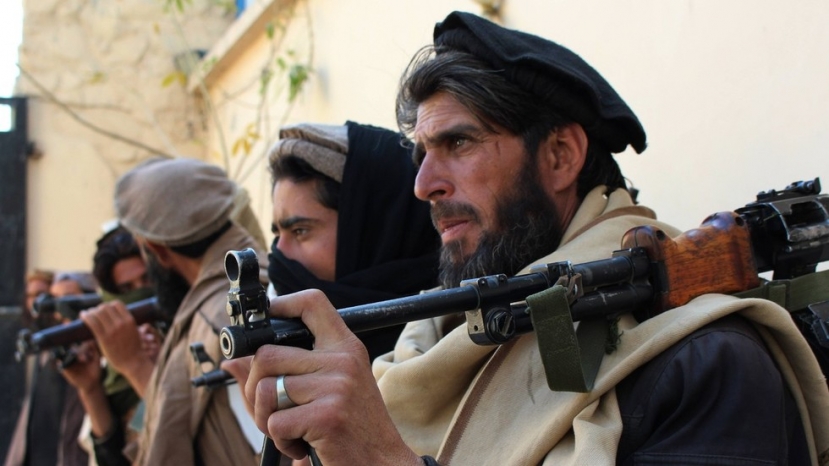Taliban threatens US with jihad, seizes more land in Afghanistan after failed peace talks
10.09.2019 13:16
 Taliban threatens US with jihad, seizes more land in Afghanistan after failed peace talks
Taliban threatens US with jihad, seizes more land in Afghanistan after failed peace talks
Yangi Qala, a district in Afghanistan’s northern province of Takhar, fell into the hands of Taliban fighters on Tuesday after government troops retreated over fear of greater casualties, local authorities told the media. They sent reinforcements in order to drive the Taliban out of the area, claiming that dozens of militants were killed.
But the seizure of the district, which lies close to the border of Russia’s military ally Tajikistan, comes days after the Taliban made another advance by capturing the Anar Darah neighborhood in western Afghanistan.
The news follows a recent decision by Trump to cancel a meeting with Taliban representatives at Camp David, asking the group if they are ready for the next few decades of war. The US president said he canceled the meeting after the Taliban claimed responsibility for attacks in Kabul which killed 12 people, including one US soldier, earlier in the week.
On its part, the Taliban warned that the US will suffer heavy losses for ditching the key talks, yet the takeovers seem to be a continuation of their stick-and-carrot tactics.
Later on Tuesday, Taliban spokesman Zabihullah Mujahid reiterated the threat, saying that Washington will regret not getting back to the table. The Islamist group, he said, will resume jihad and fighting to end the foreign occupation of Afghanistan.
In recent years, US negotiators held several rounds of low-key talks with the militants in their political office in Doha, Qatar, providing some opening for a possible truce. But it remains to be seen if it could be reached at all, given that the Taliban frequently target local and foreign forces, sometimes taking control of important cities and locations.
Now, they control more swathes of land in Afghanistan than at any point since 2001. An interactive map by the Long War journal shows the sizeable amount of territory the Taliban hold or contest.
As the talks stalled and fighting continued, top US officials voiced pessimism over the Afghan exit strategy. Secretary of State Mike Pompeo acknowledged this week that the peace process is dead “for the time being,” adding that Washington is looking for “significant commitments” from the militant group.
